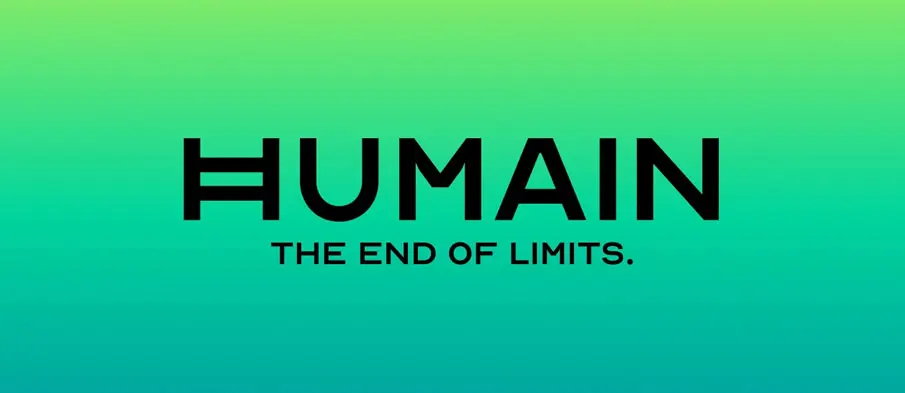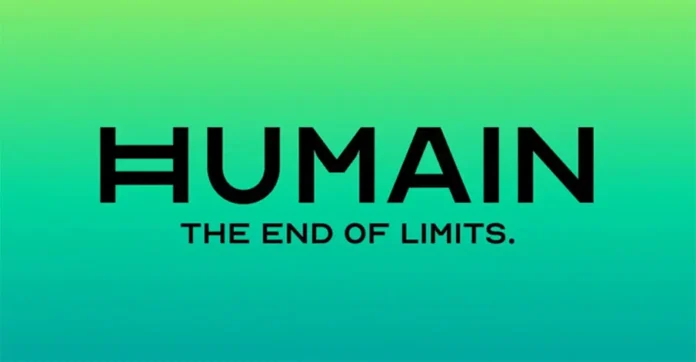
Saudi Arabian artificial intelligence company HUMAIN has unveiled Humain Chat, a chatbot powered by its proprietary Allam large language model (LLM), which it describes as the “world’s most advanced Arabic-first AI model.” Built on one of the largest Arabic datasets to date, the bot is designed to deliver seamless interaction in both Arabic and English, supporting widely spoken dialects such as Egyptian and Lebanese while embedding sensitivity to Islamic culture, values, and heritage.
At the core of Humain Chat is the ALLAM 34B model, which the company positions as going beyond simple translation by enabling what it calls “linguistic equality.” The chatbot is equipped with features such as real-time web search, Arabic speech input, instant Arabic-English switching, and collaboration tools, making it suitable for both personal and enterprise applications. Unlike many global platforms, Humain Chat is fully hosted in Saudi Arabia to comply with the nation’s Personal Data Protection Law (PDPL). As HUMAIN emphasized in its launch, “For the first time, people can create, learn, and connect in their own language, culture, and context.”
The initiative highlights Saudi Arabia’s ambitions to establish itself as a hub for AI innovation in the Middle East, ensuring that Arabic speakers gain access to cutting-edge tools without compromising cultural relevance or data sovereignty. The localization of the model, particularly its understanding of dialects and cultural nuances, is intended to differentiate it from Western-developed AI systems.
However, challenges remain. The chatbot traces its origins back to the Saudi Data and Artificial Intelligence Authority (SDAIA), raising questions about how it will navigate issues of censorship and regulatory oversight. Observers note that this is not unique to Saudi Arabia—AI models globally reflect the cultural and political contexts in which they are developed. OpenAI has acknowledged that ChatGPT leans toward Western viewpoints, Elon Musk’s xAI has actively reshaped Grok’s ideological balance, and during the Trump administration, U.S. policymakers pushed for AI systems aligned with federal guidelines.
By combining Arabic-native fluency, cultural awareness, and sovereign hosting, HUMAIN is betting that its new platform will fill a major gap in the global AI landscape, where Arabic has long been underrepresented.





